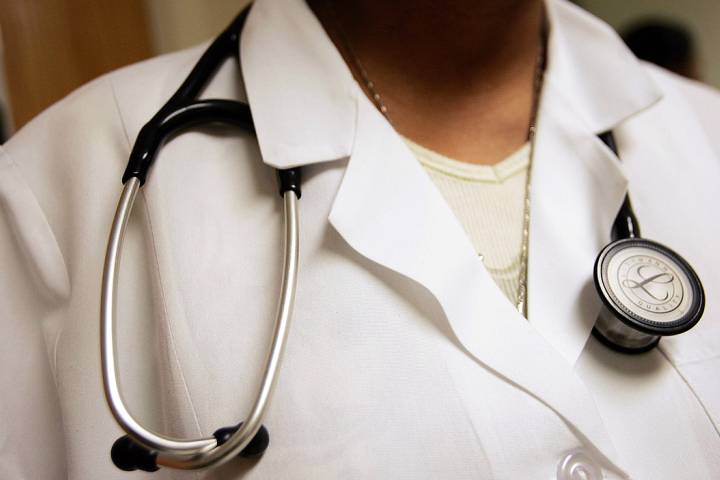Researchers from Western University and the Lawson Health Research Institute have developed a clinically-validated 3D-printed stethoscope in a bid to reduce a major cost for medical professionals around the world.

Dr. Tarek Loubani, the London professor, scientist, and ER physician who led the study, came up with the idea while he was working in Gaza during wartime.
Loubani said the project sought to apply the newest available technologies to costly and sometimes inaccessible medical devices — in particular, high-quality stethoscopes — which even Canadian medical students, nurses, and paramedics have a hard time coming by.
“Not everywhere can you actually access these sorts of devices,” he said. “For example, in my contacts where I work in the Gaza Strip, not for any amount of money would you be able to get the stuff in. In theory, the Israeli blockades should not affect medical supplies. In practice, it definitely does.”
The 3D-printed stethoscope, the Glia model, cost less than $3 to produce, and anyone with a 3D printer and access to ABS plastic can make one, Loubani said.
“When we take the best technology and point it at that problem, we end up with things like the 3D-printed stethoscope, which is very, very cheap, and the same quality, according to the study we published, as the best scopes on the market, which cost literally 100 times more.”
By making the 3D-printed stethoscope with free open-source software, costs are kept down, and others around the world are able to access the stethoscope template and create them with their own 3D printers.
Loubani told 980 CFPL his motivation to make the stethoscope’s blueprints public access, stems from a childhood belief.
“When I was a little kid, my parents used to tell me that ‘caring means sharing.’ And then when I grew up, everyone told me that life was supposed to be the opposite. It didn’t sit right,” he said.
Loubani spent weeks in an Egyptian prison alongside director and activist John Greyson in 2013 after the two were arbitrarily arrested. Loubani was on his way to Gaza to provide medical care, a place where medical devices like the stethoscope are a critical necessity.
“In London, if someone gets shot, I can use an ultrasound to look inside and see if there is a life-threatening air pocket called a pneumothorax,” Loubani said in a statement. “In Gaza, ultrasounds are not available in emergency departments, or are dilapidated, so the stethoscope becomes an inexpensive tool that allows us to make life-saving decisions.”
The 3D-printed stethoscopes are currently being used by medical professionals in Gaza and are going through clinical trials at the London Health Sciences Centre. Loubani can be seen in the video below describing how the stethoscopes are made.









Comments